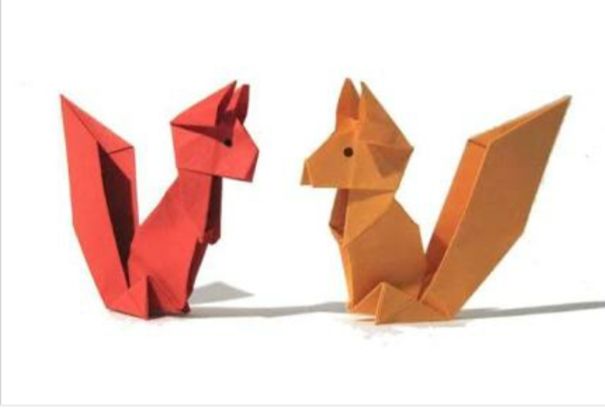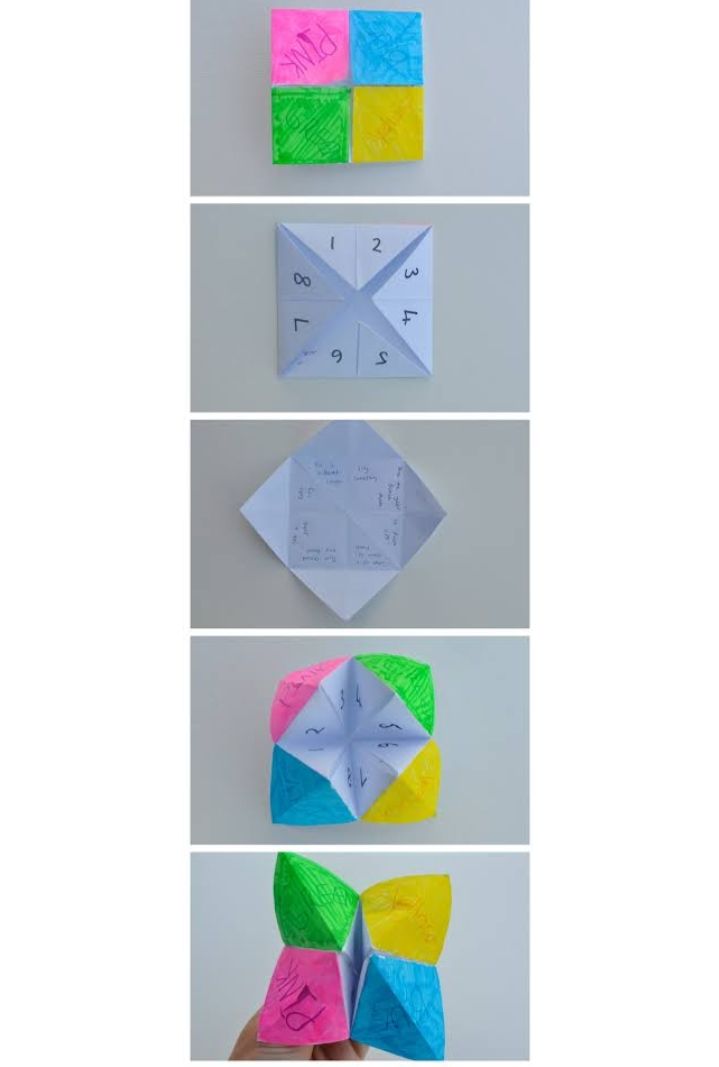I Am An Origami Art!
Apr 14, 2019 • 35 views
Origami is a traditional Japanese art of folding paper into attractive shapes to make decorative objects. Its name derives from Japanese words ori (“folding”) and gami (“paper”). In Japan, Children learn origami at their mothers' knees. In the West, children are learning it at school. Origami is not only fun, but it is also a valuable method for developing vital skills.

Benefits of origami:
Cooperative Learning:
Origami is well-suited to working with a classroom of 30 or more students. In a multi-age setting, paper-folding tends to eliminate the status associated with age differences.
A Link to Math:
Transforming a flat piece of paper into a three dimensional crane (or other origami figure) is a unique exercise in spatial reasoning. Origami is also important in teaching symmetry; for many of the folds, whatever is done to one side is done to the other.
Multi-cultural Awareness:
Origami reflects the ingenuity and aesthetics of Japanese culture. By participating, students gain appreciation of a different culture, perhaps opening a doorway to further exploration and increased tolerance.

Community Building:
Origami, and crane-folding in particular, are frequently used to unite a school in a thematic activity. Folding a thousand cranes, hanging them in a school library or sending them to Hiroshima exemplify the power of collaboration and the very satisfying achievement of a group objective.

Additional benefits of origami:
Educational Value:
A positive learning experience.
Stimulation for children.
Suitable for people with a learning disability.
Develops hand eye coordination.
A form of communication without language.
Therapeutic Value:
Promotes a feeling of achievement and well being.
Positive social interaction.
Can be a bridging therapy.
Team building exercise.
One can be a participant or observer.
Flexible & Convenient:
Suitable for all ages and abilities.
Can be practiced anywhere.
No tools required.
Results in minutes.
An opportunity for fun.

Social Value:
A goal setting experience.
Share feelings and knowledge.
Promotes cooperation and well being.
Breaks down barrier
Can be developed as a hobby.
Scores of origami societies exist around the world. Especially significant is the Japan Origami Academic Society, which is a conduit for many of the most innovative constructions in contemporary origami.
